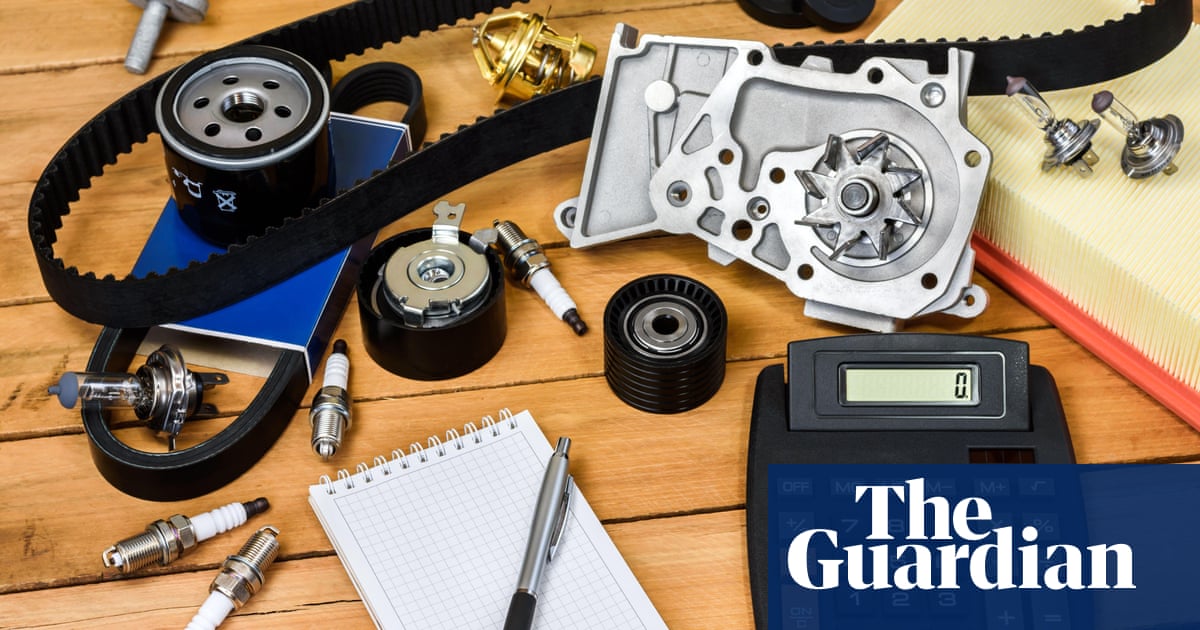
PARIS: The automotive industry is offering its expertise and manpower to the hospital sector as it gears up to build mechanical ventilators during the coronavirus pandemic, an initiative that is being met with some skepticism.
American auto manufacturers General Motors and Ford, French car companies PSA and Renault, and Formula 1 engineers have joined the ranks in response to a massive global shortage of the vital piece of medical equipment.
As hospitals around the world face a surge of patients with breathing difficulties from coronavirus, the scarcity of ventilators has forced doctors to make life-or-death decisions.
Repurposing car factories for emergency production has drawn comparisons to World War II, when they were used to build tanks and fighter planes.
But some experts say that in this situation, building critical care ventilators will require different techniques and procedures from what a car factory normally sees.
US President Donald Trump used wartime economy analogies to justify his appeal to the automobile industry as the country grapples with a mounting number of coronavirus cases. He ultimately used a 1950s law concerning defense production to force one of GM’s plants to make ventilators.
In France, meanwhile, a consortium of industrial companies has been created — including PSA and automotive equipment supplier Valeo — to manufacture “10,000 ventilators by mid-May,” President Emmanuel Macron announced.
Mercedes has asked its Formula 1 team, left idle due to postponed or canceled Grand Prix races, to get to work. The six-time world champion team built a less-invasive respiratory device in order to reserve ventilators for the most severely affected patients.
The team says it could manufacture some 1,000 units a day with the help of six other UK-based F1 teams which have committed to help build the devices.
A version of the device, which increases air and oxygen flow into the lungs and is often used to treat sleep apnea, has already been used in hospitals in Italy and China to help coronavirus patients.
The Project Pitlane mission takes advantage of “the core skills of the F1 industry: rapid design, prototype manufacture, test and skilled assembly,” Formula 1 said.
Some look skeptically on the car industry’s entry into the world of medical equipment, however.
The Bulletin of the Atomic Scientists, a non-profit organization, said that car manufacturers are not best placed for assembling medical equipment.
“Ventilators might resemble the pumps and air conditioners used in automobiles, but few automakers build their own — they buy them from specialized producers,” the group said.











